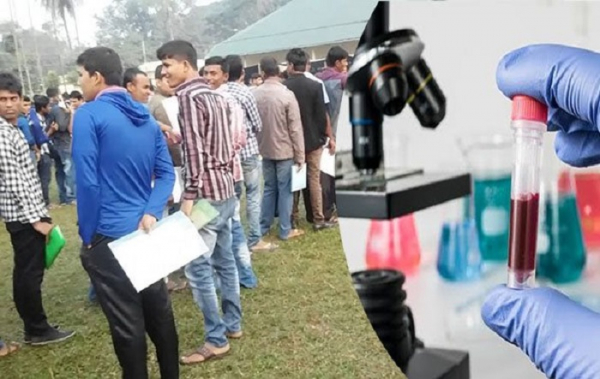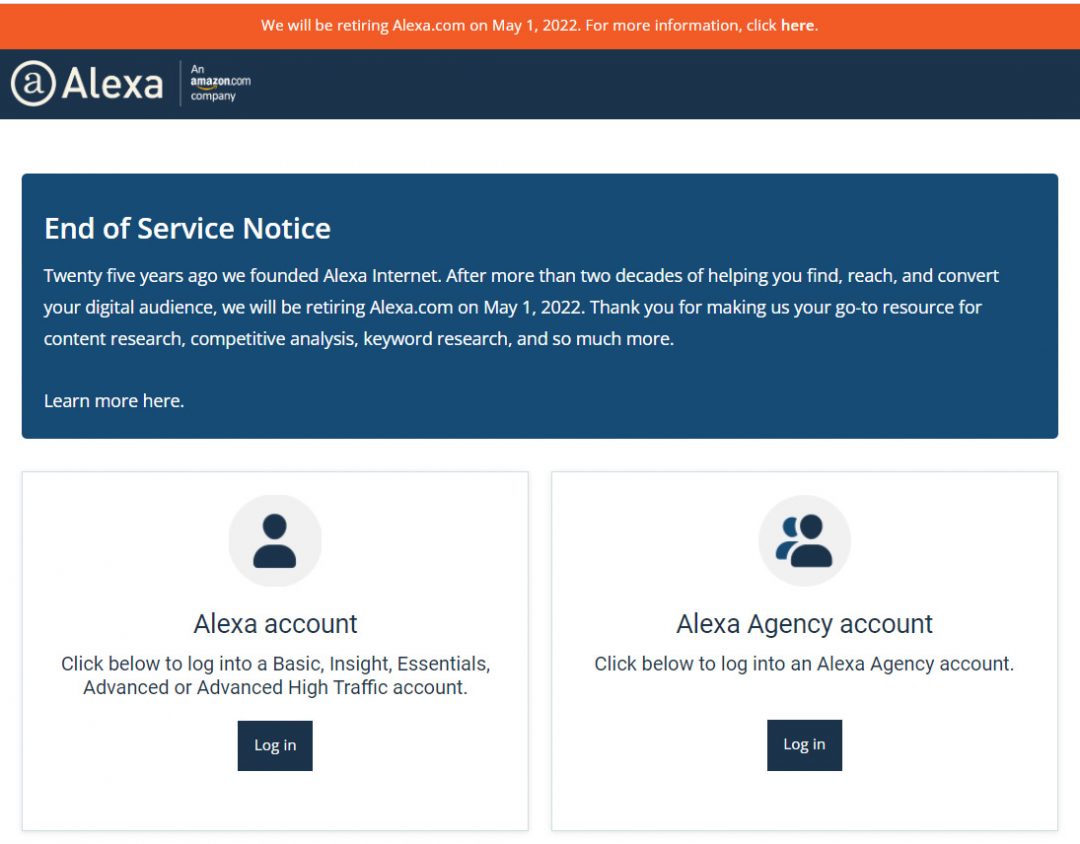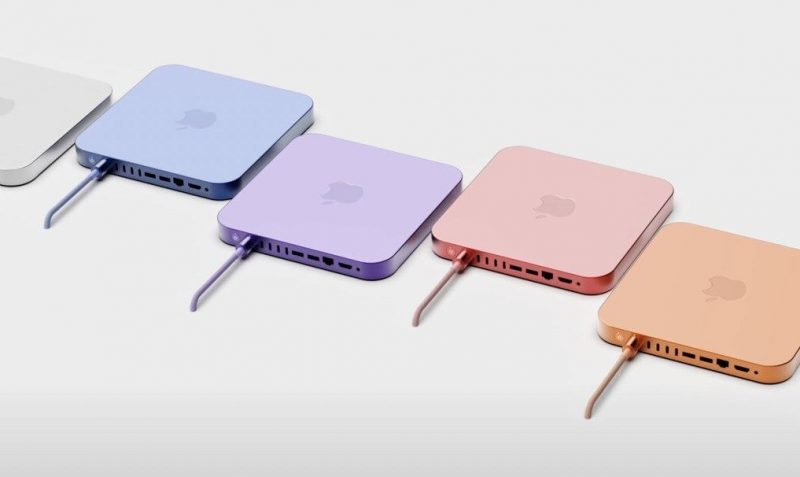Kidneys do a tough job. Filtering and excreting waste products in the bloodstream is just the start. Your kidneys also maintain the body’s overall fluid balance as well as release hormones that make red blood cells, ensure bone health, and regulate blood pressure.
We put our kidneys through a lot, both knowingly and unknowingly, via diet, medications, and environmental toxins. The result can be a struggle with kidney cancer, stones, polycystic kidney disease or even kidney failure.
Some stresses on our kidneys can’t be helped, and because they are designed to handle toxins, we can trust that our kidneys are tough. But any organ can become overburdened and sustain damage.
You might be surprised to know how many foods can damage the kidneys, even seemingly healthy ones. Make sure you’re not overdoing it on any of the following 5 foods.
Nuts
If you are prone to kidney stones, nuts are not a good snack. They contain a category of mineral called oxalates, which are found in the most common type of kidney stone. If you’ve had stones in the past, skip the nuts all together.
For healthy people, it’s important to be aware of your intake of oxalate-containing foods, such as spinach, beets, potato chips, French fries, and bran flakes.
Some of these items, including nuts, can be very healthy additions to your diet. But as with all things, balance is key. Choose a variety of greens rather than just spinach, and eat nuts only in moderation.
Avocados
Not avocados! These creamy and delicious green fruits are what taught us that eating fat is okay. However, avocados also come with a high dose of potassium, which controls fluids, electrolyte balance, and pH level. Kidneys rely on the right balance of potassium and sodium to do their job properly; too much of either spells trouble.
Hyperkalemia is the name for having too much potassium in the blood, and this happens in people with advanced kidney disease. It often causes nausea, weakness, numbness, and slow heart rate.
Luckily, you needn’t worry too much about avocados or potassium if you don’t have pre-existing kidney disease. Most of us don’t get enough potassium in our daily diets anyway.
Caffeine
This is a rough one if you rely on your morning cup of coffee or tea to get going each day. Soda and energy drinks are similarly dangerous if you already have issues with your kidneys. Studies show that long-term caffeine consumption can worsen chronic kidney disease and may increase the risk of kidney stones.
Caffeine is a mild diuretic, which affects the kidneys’ ability to absorb water. In reasonable amounts, this shouldn’t stop your kidneys from accessing enough water to do their job, but in excess it can be a problem.
Caffeine also stimulates blood flow and thereby increases blood pressure. Again, not a problem if you have normal blood pressure, but something to watch if your pressure is high.
Dairy Products
Dairy products, including milk, cheese, and yogurt, are loaded with calcium and increase the level of calcium in your urine. This has been linked with a higher risk of kidney stones.
For people who already have kidney disease, reducing consumption of dairy has been found to make the filtering work done by kidneys easier on them. This can delay the need for dialysis.
Butter is a dairy product high in saturated fat, which ups the risk of heart disease. Unfortunately, heart disease is a major risk factor for kidney disease, and kidney disease presents similar risks to the heart.
Switch to olive oil flavored with your favorite herbs for topping bread and dressing vegetables to reduce your reliance on butter.
Salt
Sodium works in combination with potassium to maintain the fluid balance in your body, which is crucial to proper functioning of the kidneys. But most of us get way too much sodium in our diets, even before we salt food at the table. Processed products contain a ton of it, more than you’d even guess.
Too much sodium causes the kidneys to retain water in order to dilute the salt in your bloodstream, which places an undue burden on them.
A long-term salt habit raises blood pressure and can actually damage the kidneys’ nephrons, the microscopic structures that filter waste. Stick to fresh whole foods as much as possible so that you can control the salt level.




















